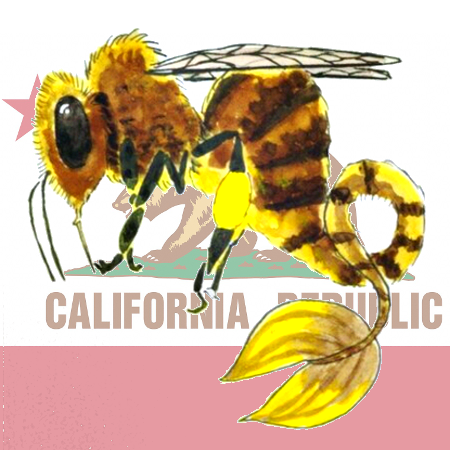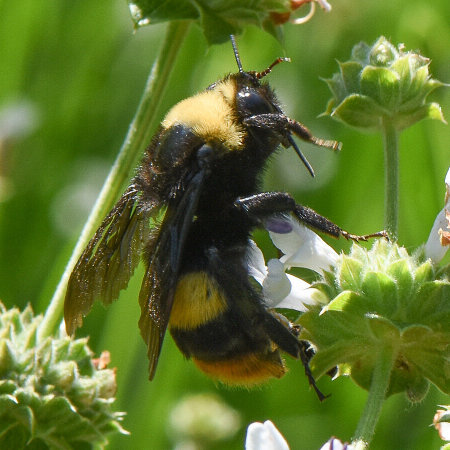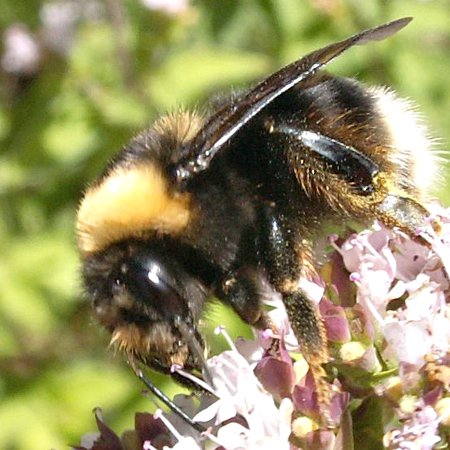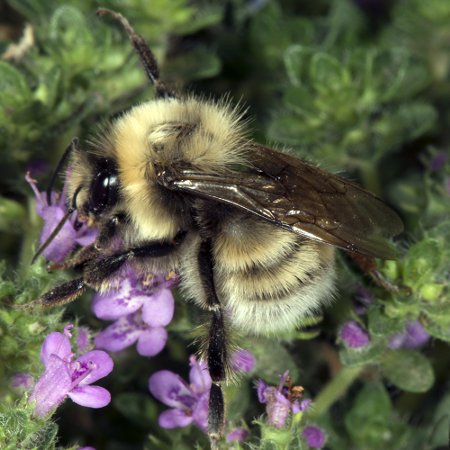Wrong Bumbling Idiocy

As of May 31, 2022 due to a California Appellate Court overruling a lower court’s legal decision, Four species of bumblebees – the Crotch’s bumblebee, the Franklin’s bumblebee, the Suckley’s cuckoo bumblebee and the Western bumblebee – are now eligible to officially become endangered species under the California Endangered Species Act (CESA). This means that the California Fish and Game Commission will now have a certain amount jurisdiction over those 4 species of bumblebee and their protection. Assuming, of course, that this decision isn’t overturned by a higher court.
The Poor Beleaguered Fish In Question
So yeah, for now and possibly for some time, bees are legally fish. And yeah, a lot of people are seriously lampooning the CA Appellate Court’s obvious and rank stupidity is declaring them so. But… all the complaints, insults, and jokes are misplaced. The bumbling idiocy happened way back in 1970.
The California Endangered Species Act was designed to protect “native species or subspecies of a bird, mammal, fish, amphibian, reptile, or plant.” But, in 1970 when the law was actually written the definition of “fish” was written as, “a wild fish, mollusk, crustacean, invertebrate, amphibian, or part, spawn, or ovum of any of those animals.” While it is patently obvious to anyone who can read for comprehension that “invertebrate” was meant to be limited to marine and aquatic ones, e.g., corals, sponges, and sea urchins, that’s not what was written into law.
Although the term fish is colloquially and commonly understood to refer to aquatic species, the term of art employed by the Legislature in the definition of fish in section 45 is not so limited.
— Associate Justice Ronald B. Robie
The important part of the portion of the ruling shown above is Term of Art. And in the legal field those terms have specific, explicit meanings, not implied ones. Purposivism will, far more often than not, fall before Textualism in the Courts.
In this case, the statutory definition of fish states it means a “wild fish, mollusk, crustacean, invertebrate, amphibian, or part, spawn, or ovum of any of those animals.” The statute may have an implicit limitation to marine and aquatic creatures, but the legislators didn’t state that explicitly, meaning no such limitation actually exists.
Frankly, if judicial error happened, it was by the lower court that ruled that bees aren’t per the term of art in play fish. So, if anyone should be lampooned, it should be the Legislature, who wrote a piss-poor law using hasty language and without thought of potential use case scenarios.
Nor, I choose to add, is this the first time the fishiness of a species has come into legal debate. One need only turn to the 1818 Maurice v. Judd case in NYC, where the court ruled that, statutorily speaking, whales were fish.
Tags: America | Animals | Bees | Bumblebees | California | Courts | Endangered Species | Idiocy | Language & Idiom | Law | Legal System | Outrage | Politics | Science | Stupdity | Taxonomy





